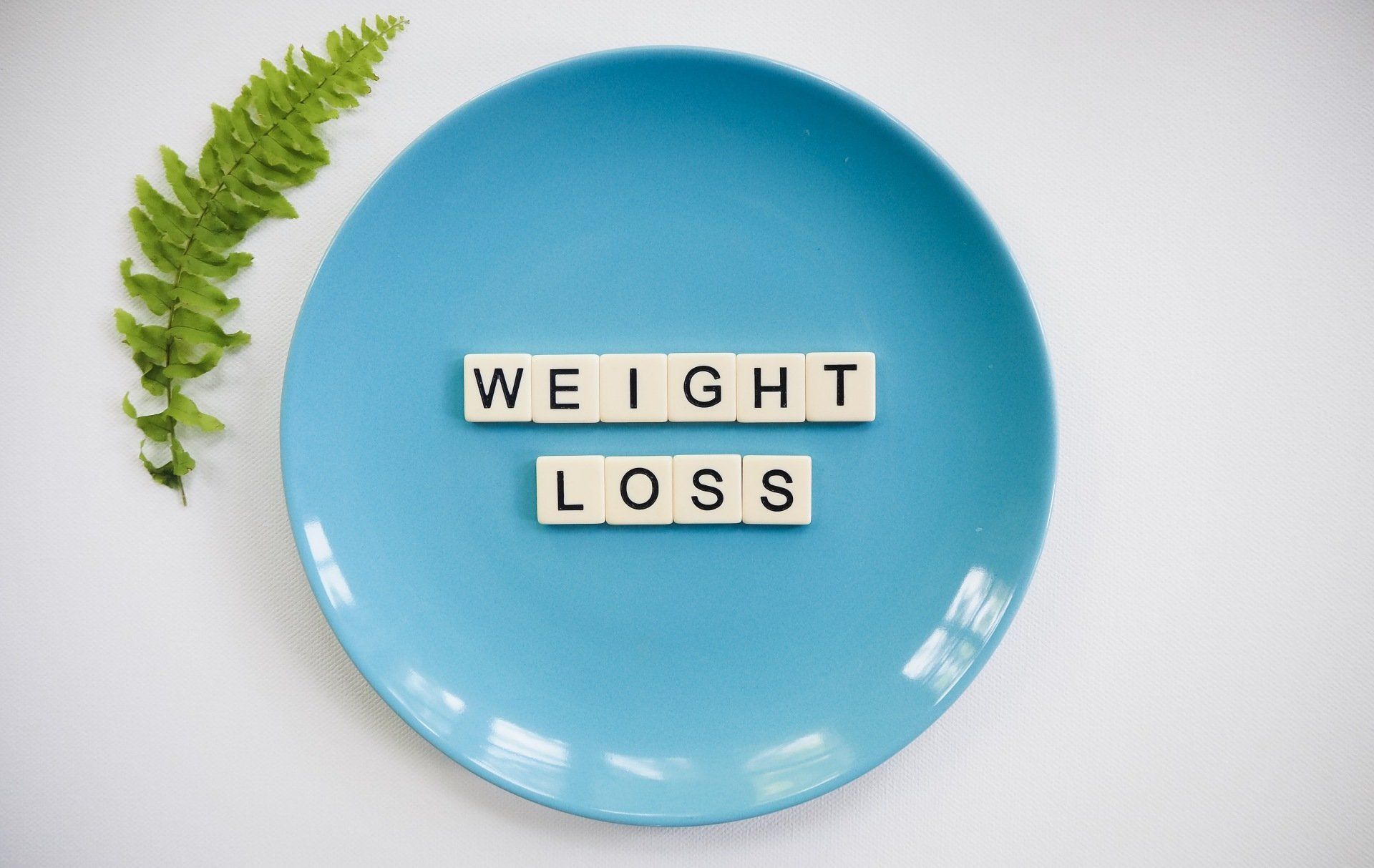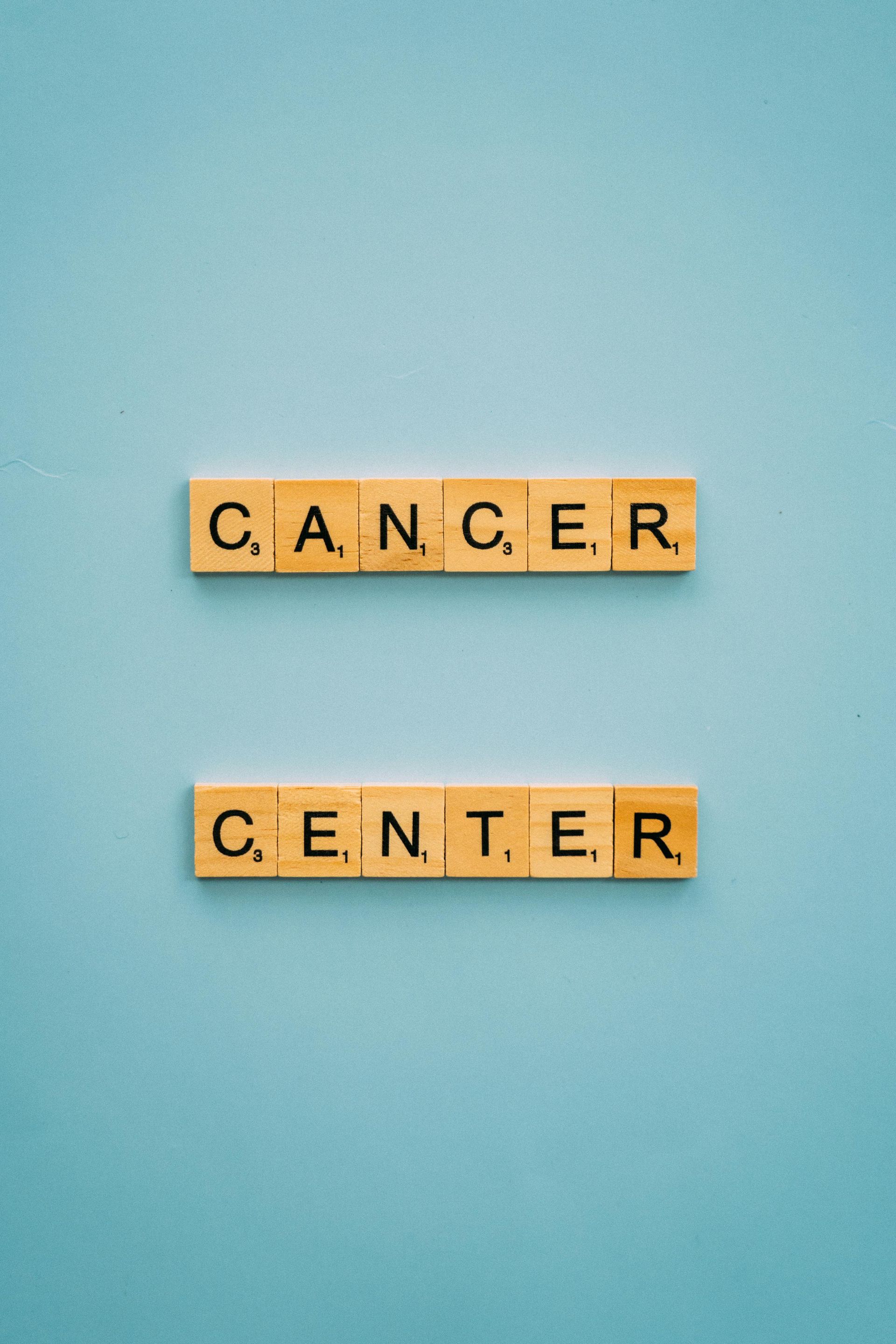New publication : Ketogenic Diets and Cancer – February 2017 issue Federal Practitioner
I invite you to take a look at my latest publication, entitled "Ketogenic Diets and Cancer - Emerging Evidence". It appears in the February 2017 issue of the Federal Practitioner.
What is this all about?
This review article summarizes most of what we know today regarding ketogenic diets and how they may benefit cancer. It contains a brief history of the ketogenic diet, detailed explanations on how it might work to slow down cancer, and examples of animal and laboratory studies involving the diet in cancer investigation. Also included are human case reports and summaries of existing and recently completed clinical trials involving ketogenic diets and cancer. The link to the online article is available below.
This busy diagram explains how tumor signaling can be better adjusted by using a ketogenic diet. Glucose can increase cancer growth signals. Apoptosis refers to cell death. Overactive glucose metabolism can disrupt this and in addition to promoting growth, can also make cancer cells escape cell death.
Can ketogenic diets replace chemotherapy?
While many would conclude that diets can "cure" cancer, it cannot. At least not yet. The trials listed in this article are still going on. Many of the completed ones, tested for safety and tolerability only, and did NOT specifically test whether the diet can actually improve a particular cancer. Follow the advice of your cancer doctor. Chemotherapy and radiation are still very much the treatment of choice for cancer. Diet changes (low carbohydrate or ketogenic diets) are meant to be used in addition to chemotherapy and radiation, and not to replace them!
Ketogenic diets, are they safe?
Yes, based on the available completed safety trials, ketogenic or low carbohydrate diets are probably safe to use in cancer patients who, other than having cancer, are otherwise in good health! The diet however, is not easy to follow. A family member who is highly motivated to help, can be a key factor to successful dieting.
Is this diet right for me?
Results may vary. Always consult with your medical oncologist (cancer doctor), whether this diet is right for you. It needs motivation, good health ( other than the cancer), and close monitoring by your doctor ( to check for cholesterol, uric acid, and glucose/ketone levels) in order to be successful.






